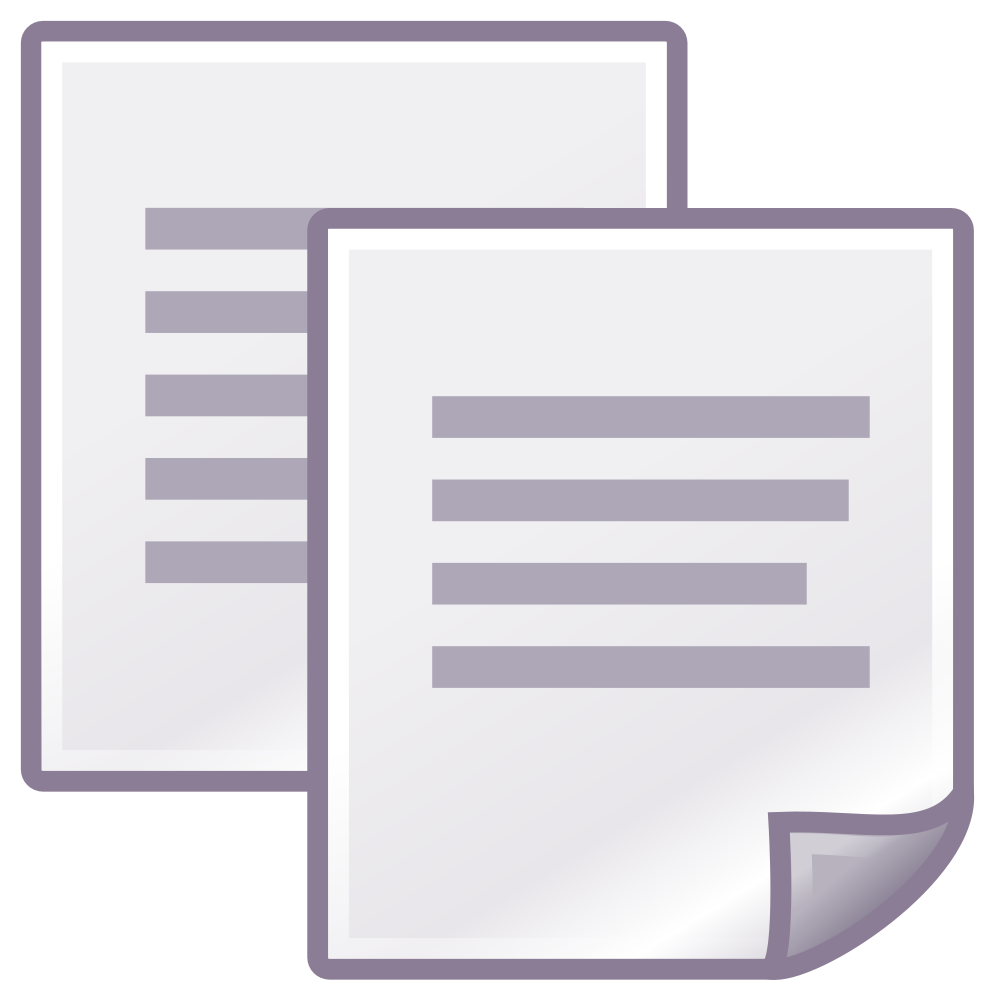 |
| Breaking News, Via Wikimedia Creative Commons CC BY-SA 3.0 |
- China might be building vast database of federal worker info, experts say : This is an interesting crossroads between computer science and politics.
Audience: In this news interview, the audience seems to be the general public, and the information is relatively easy to understand. There is not too much technical "jargon" and the majority of the information spoken about is focused on the political side of the issue. This is because the general public is likely not tech savvy enough to understand the specifics of what happened, and they can get the story without these specifics.
Context: The context of the information is that there is a silent battle between all countries to gain information or "intel" from the government or companies. The context to this specific event is part of the battle for information, china has compromised the information of many federal workers, which may be used in various ways against the individuals or the country.
2. artificial intelligence is a tool, not a threat:
Author: Rodney Brooks is a member of the Association for the Advancement of Artificial Intelligence, and an artificial intelligence expert. He is also active on the website "Rethink Robotics" where he has posted multiple articles.
Audience: The audience that Rodney Brooks is addressing is somewhat versed in technology, because the original arguments posted were not in the mainstream media. This is not entirely important though because there is little technical jargon in this as well, as it is more an opinion piece that focuses on the possibilities of the future as opposed to the technical specifications of the present.
Context: This is in response to an open letter and call for action by many artificial intelligence experts and technology experts in general. Because there was generally very many big figures that were 'against' artificial intelligence, Brooks is one of the few who stood up with a strong opinion the other way. This alongside his credibility as an expert makes this a very significant post when there are not many people giving their opinion on the matter.
3. The Big Problem With Self Driving Cars :
Author: Will Oremus, is described on the website to be a "Senior Technology Writer", he also linkes to his facebook and twitter. He is from New York City, however there is little about his credentials on his page. He has many articles about a variety of technology subjects, but it seems that he does not focus on one certain subtype of technology.
Audience: This article is written with the average person in mind who does not necessarily focus on technology. Once again, it is clear that though this is a topic that has technology in it, it is not focused on the specifics of technology and is more focused on its implications and what it means. Certainly there is little to no talk of specific reasons behind the technological subject of the article. This is all intentional with the audience in mind.
Context: With the new wave in cars that has been propelling their features and peripherals, there are inevitable security weak points that allow for breaches. However, when faced with the issue that cars functioning properly is an important part of keeping society safe, the issue becomes important.
Reflection:
I commented on
http://atjorhom.blogspot.com/2015/09/evaluation-of-rhetorical-situations.html?showComment=1443898873681#c3158276122171658582
and
http://michaelmcmillin109h.blogspot.com/2015/09/evaluation-of-rhetorical-situations.html?showComment=1443897245797#c6455478941136926857
I found that there were many interesting rhetorical situations in the various other topics. My situations could probably benefit by being more opinionated as well. Aside from the content, the formatted blogs that were organized into a table were far easier to read, and I should look into formatting my posts in this way for future posts.





